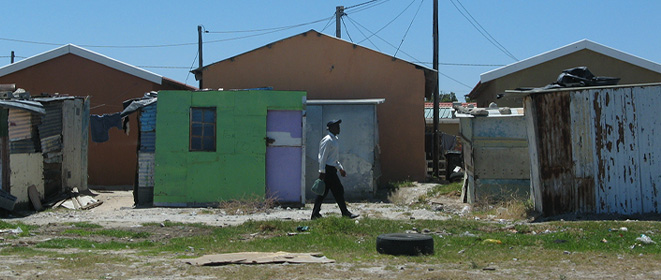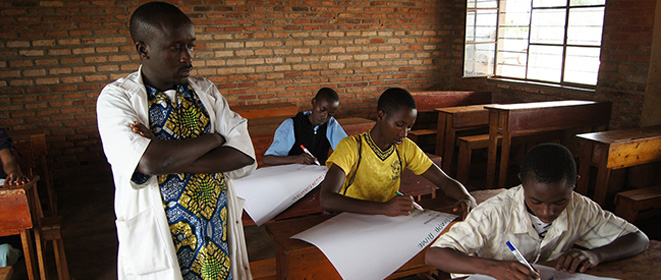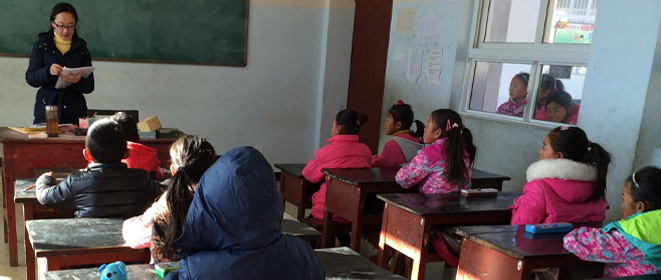Economic Development

Recent research in Economic Development

Improving water use through pricing and information in South Africa
Ensuring sustainable access to water that delivers social benefits requires more than just building pipelines. Incentives are needed to reduce waste and ensure that water is used in a socially efficient way - this requires thoughtful pricing strategies. Consumers need to be able to manage their water use and pay their bills - this requires information. Our project “Improving water use through pricing and information in South Africa” shows how these aspects of the water delivery system can be improved.

Rural School Consolidation
In recent years, school closure and consolidation have emerged as a strategy to reduce costs and improve educational quality in response to changing demographics in middle-income countries with large rural populations. For example, in China, the number of primary schools decreased by 51% between 2001 and 2012. In Brazil, the number of rural primary schools dropped by 31% between 2007 and 2017. India's recently approved National Education Policy 2020 recommends the creation of 'school complexes/clusters' to address the problems of small rural schools. We document global trends and evaluate the effects of school consolidation policies on educational outcomes in China.

When Information is Not Enough: Evidence from a Centralized School Choice System
Secondary school completion opens up many successful paths for students in Ghana, but many students never enroll or drop out. Parents reported that more information could help families make careful choices about where and how to apply, so their children can find high-quality schools to attend. We designed and distributed a booklet and video about the secondary school application process in a randomly selected set of schools to measure how greater information could change families’ education investment decisions.

Measuring the impact of interaction between children of a matrilineal and a patriarchal culture on gender differences in risk aversion
Contrary to popular belief, girls are not naturally more risk-averse than boys- they’re taught to make ‘safer’ decisions.

Property Rights, Land Misallocation, and Agricultural Efficiency in China
Economists have long emphasized the importance of property rights institutions for markets to function well and for economic prosperity to be possible. Theory suggests that allowing for free market transactions should move land resources towards productive uses. This can increase agricultural productivity and transform the rural economy, leading to aggregate economic growth. In this paper, the authors explore the idea that better property rights institutions facilitate market exchanges and increase agricultural productivity.

Economic impacts of the National Park System
Environmental conservation leads to increased employment and income in the local economy. This is supported by newly digitized data on the National Park System, the largest national conservation entity in the world. The data shows that these gains are driven by visitors.
